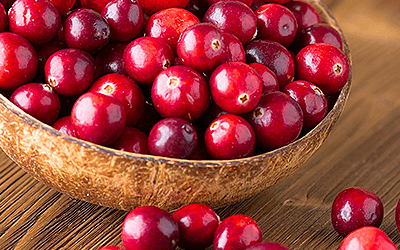Pulses, including beans, lentils, chickpeas, and dry peas, have been dietary staples for thousands of years. Rich in protein and fiber, they are nutritious, affordable, and easy to store. Despite their benefits, pulse consumption has declined in modern diets, contributing to rising chronic diseases.1
Recent research highlights their resistant starch content, which acts as a prebiotic—fueling beneficial gut bacteria and promoting well-being. While resistant starch from grains and tubers is well-studied, its presence in pulses is an emerging area of research. Scientists are now exploring the effect of resistant starch from pulses on gut microbiota and metabolic health, particularly in aging populations.
The Study
A comprehensive review of 20 preclinical and clinical studies was conducted to examine the gut health benefits of pulses and their resistant starch. The research aimed to understand how these foods shape the gut microbiome and influence the production of short-chain fatty acids (SCFAs), essential compounds that promote digestive health. The researchers analyzed 40 years of data from various studies that examined pulse consumption and its impact on bacterial composition in the gut, metabolic markers, and immune function.
The Results
Findings from the scientific review indicate that dietary pulses significantly enhance the growth of beneficial gut bacteria, such as Bifidobacteria and Faecalibacterium, while reducing harmful bacteria linked to inflammation and metabolic disorders.
Resistant starch from pulses reaches the large intestine intact, where it is fermented by gut bacteria, leading to increased production of SCFAs, particularly butyrate. Butyrate is crucial for maintaining gut lining integrity, reducing inflammation, and supporting immune function.
Additionally, the study found that pulse consumption helps regulate blood sugar levels, improve cholesterol profiles, and promote satiety, which may aid in weight management.
What Does this Mean?
The findings underscore the importance of incorporating pulses into daily diets for better gut health and overall well-being. As gut microbiota plays a crucial role in digestion, immunity, and even mental health, dietary choices that support microbial balance are essential.
Pulses offer a natural, nutrient-rich way to nourish beneficial bacteria and enhance SCFA production, potentially reducing the risk of metabolic diseases and inflammation-related conditions. With their affordability and versatility, pulses can be easily integrated into meals—whether in soups, salads, or stews—to support a healthy gut and a stronger body. As research continues, pulse-derived resistant starch could become a key component in dietary strategies for gut health and longevity.
Other excellent plant-based sources of resistant starch include green bananas, plantains, cooked and cooled potatoes, oats, and cashews, which can also support gut microbiota and digestive health.
Sources
- Nutrients, Prebiotic Potential of Dietary Beans and Pulses and Their Resistant Starch for Aging-Associated Gut and Metabolic Health, 2022
Footnotes:
- Legume Science. (2022). The role of pulses in improving human health: A review. Retrieved February 18, 2025, from https://onlinelibrary.wiley.com/doi/pdf/10.1002/leg3.147




